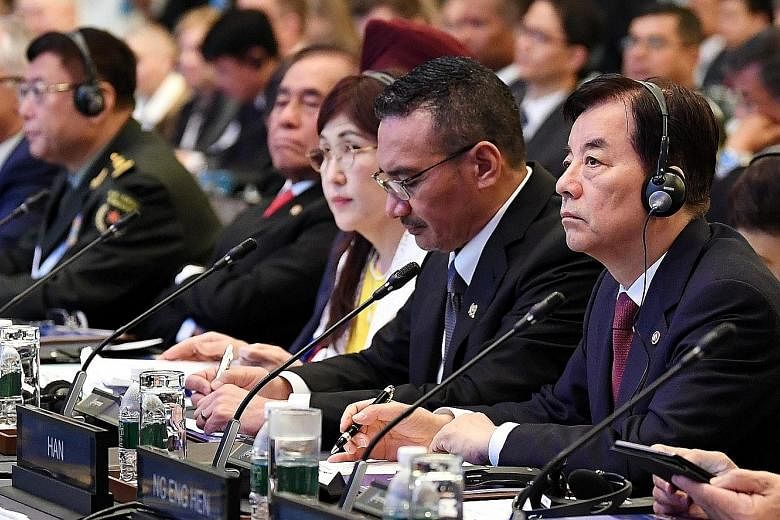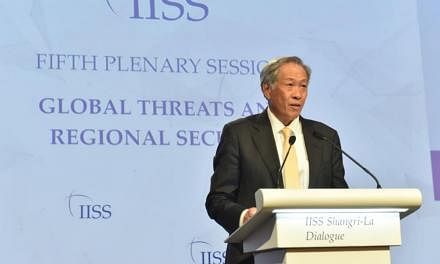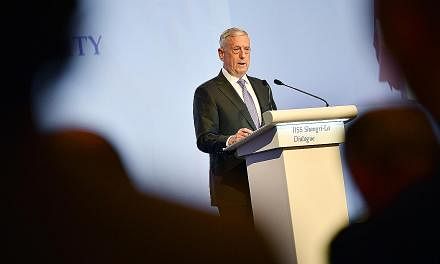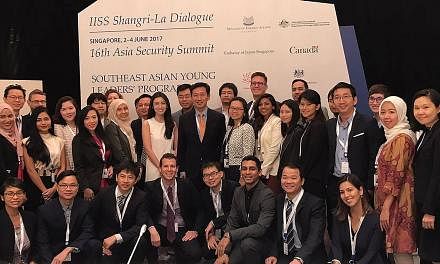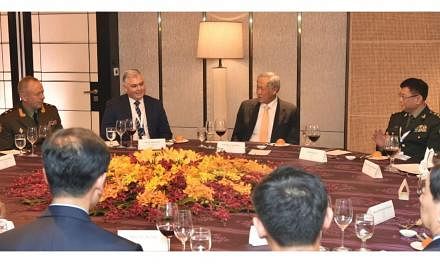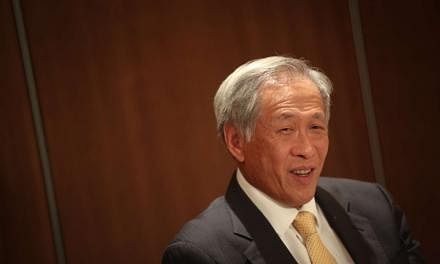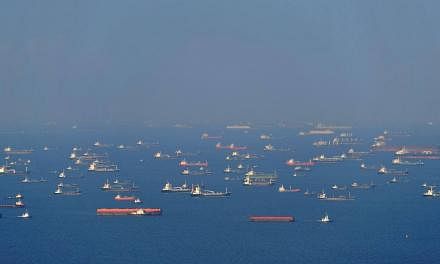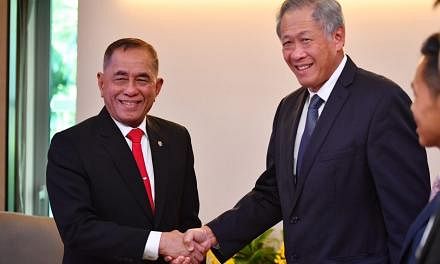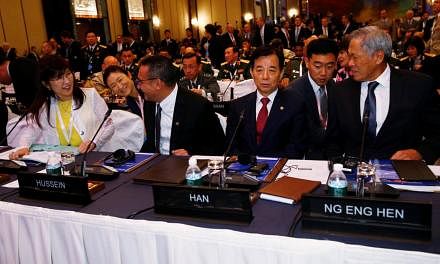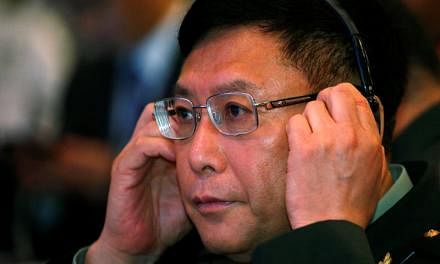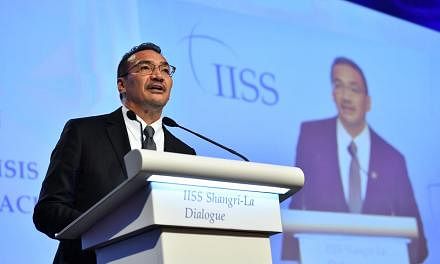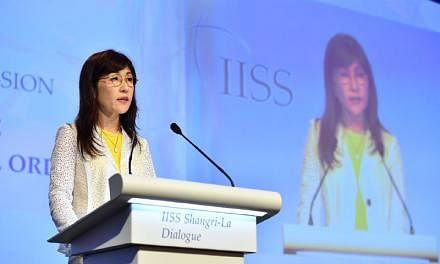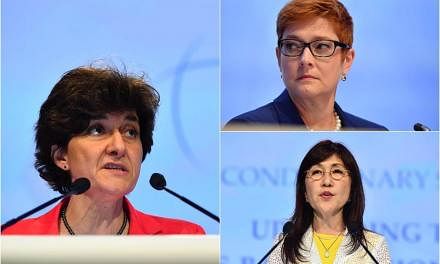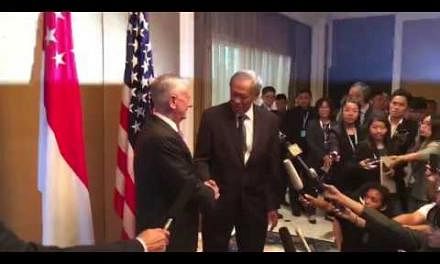The United States yesterday assured Asia-Pacific countries of its enduring commitment to the region.
In his speech at the annual Shangri-La Dialogue, US Defence Secretary James Mattis also pointed out that both China and the US can play a constructive role in meeting major regional security challenges such as the nuclear threat posed by North Korea, which he described as a "clear and present danger" and a "threat to us all".
He said the US will work closely with China "where we share common cause".
While he admitted that rivalry between China and the US - the world's two largest economies - was bound to occur, he also said that did not mean conflict was inevitable.
However, he cautioned that the US cannot accept Chinese activities that hurt the rules-based order that has benefited the region.
He cited as an example China's building of artificial islands and militarisation of facilities in international waters in the South China Sea that undermined regional stability.
He said the scope and effect of these activities differed from those of other countries in the nature of militarisation, China's "blatant disregard" for international law, its contempt for other nations' interest and its efforts to dismiss non- adversarial resolution of issues.
The head of China's delegation, Lieutenant-General He Lei, rebutted Mr Mattis' comments at a press briefing, saying China upheld the international and regional order.
Citing last month's conclusion of a framework for a Code of Conduct between Asean and China to manage disputes in the South China Sea, and China's many bilateral and multilateral pacts, he said: "China can be said to be observing, supporting and safeguarding the international and regional order."
However, Lt-Gen He took a conciliatory approach to Mr Mattis' call to work together, noting that Sino-US ties affect the security and stability of the region and the world.
Defence ministers from 22 countries attending the summit at Shangri-La Hotel welcomed the US' continued engagement of the Asia-Pacific under US President Donald Trump.
This is a "reaffirmation of the US' longstanding interest in and commitment to the region", said Singapore's Defence Ministry.
The ministers who attended a roundtable discussion yesterday also noted the recent spate of terror attacks, acknowledging that terrorism is a global threat that would likely worsen with the return of foreign fighters to their own countries and enhanced linkages between terror groups.
The security summit is taking place amid anxieties over what appears to be a US retreat from the region after Mr Trump pulled out of the 12-nation Trans-Pacific Partnership trade deal and denounced his predecessor's pivot to the region.
Asked about Mr Mattis' speech, Defence Minister Ng Eng Hen said he and his other counterparts found his comments reassuring.
"There's a consensus that the US message is very clear not only from the point of view of the messaging but also the messenger," Dr Ng said.
"The fact that you have Secretary Mattis there, a well-decorated veteran of operations who understands how militaries work and the use of military force to engender peace and stability... I think the reassurances were very convincing."
SHANGRI-LA DIALOGUE HIGHLIGHTS
China says it supports, not disregards, international and regional order

